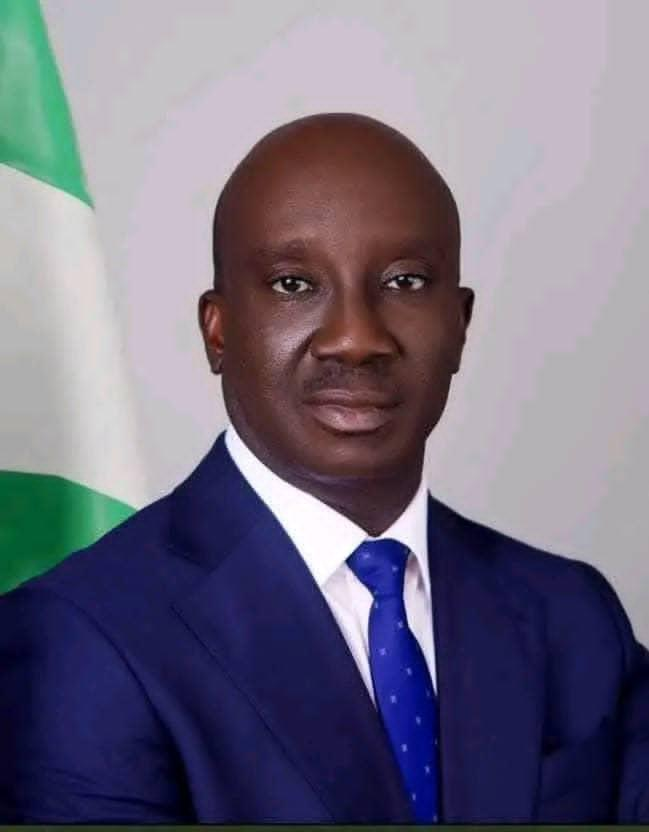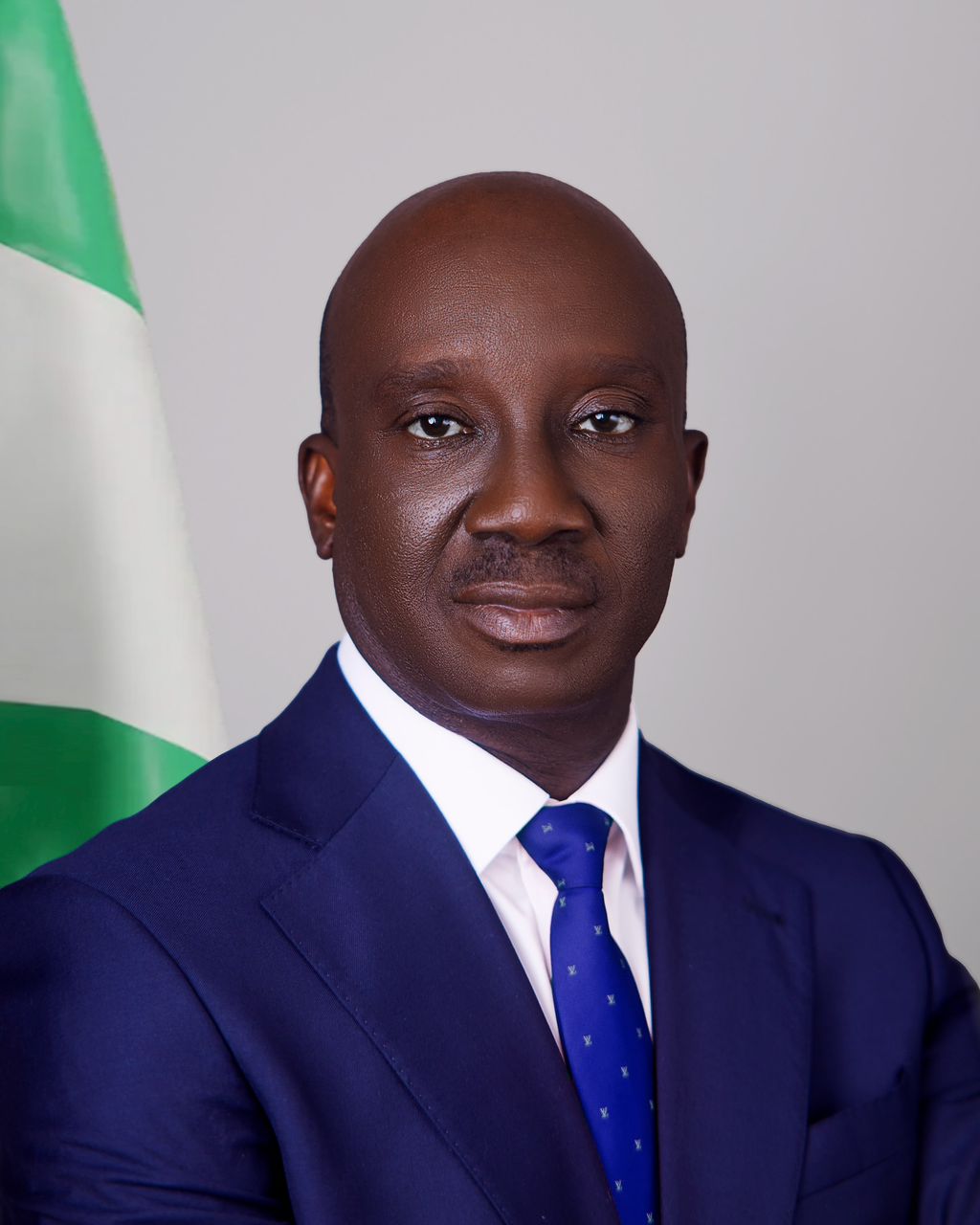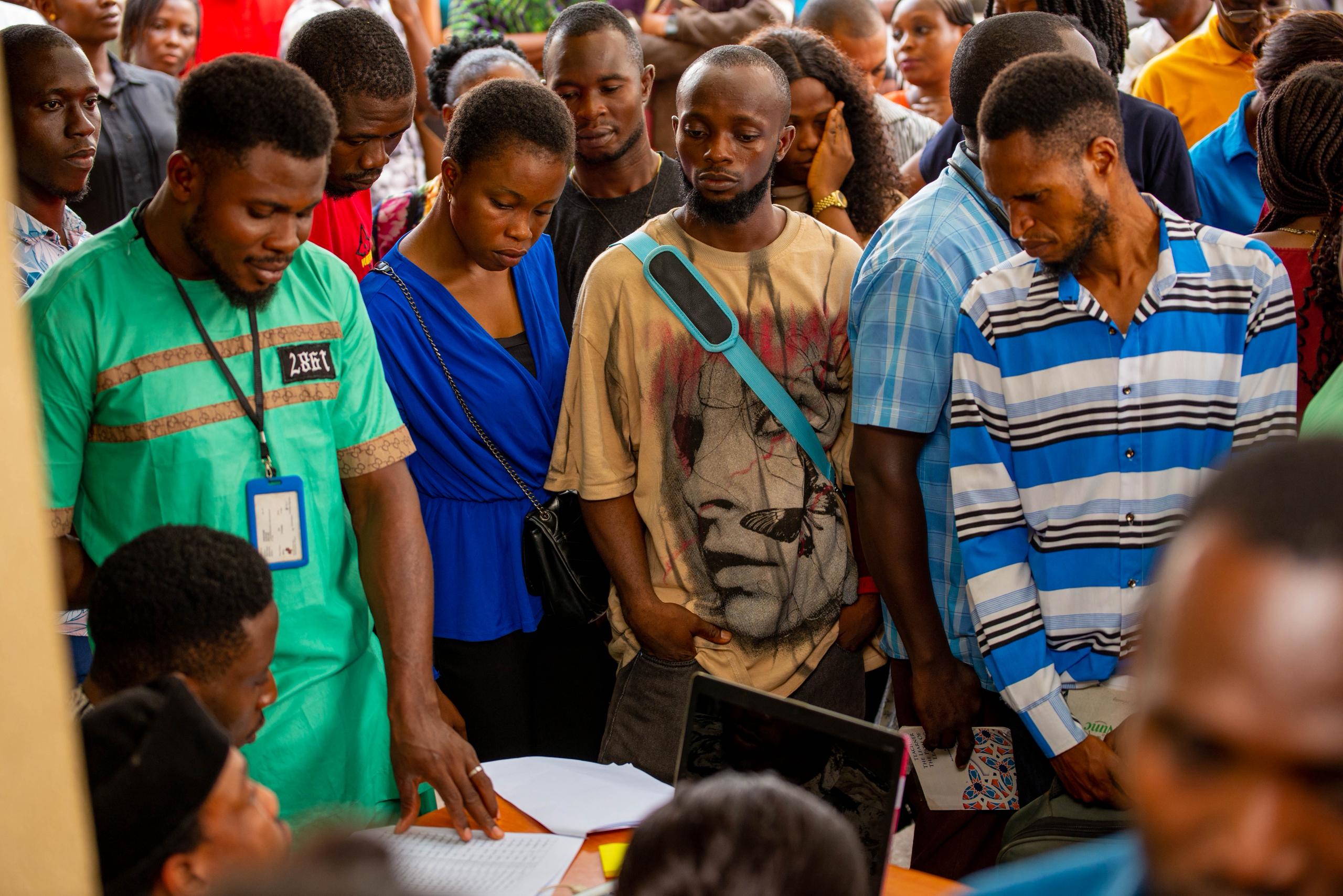There comes a moment in every journey — as Paulo Coelho alludes in The Alchemist — when a traveler, long lost in unfamiliar terrain, stumbles not into a new path, but into a clearer version of himself. It is not the destination that changes, but the clarity of purpose. For Edo State’s Local Government system, that moment of self-discovery has finally birthed.
For decades, the third tier of government, constitutionally designed to be closest to the people, functioned more like a forgotten tool in the Nigerian federation. It existed in law but was systematically stripped of life by state-level interference, political greed, and an entrenched culture of dependence. The 1999 Constitution (as amended) is unambiguous in Section 7 — guaranteeing democratically elected local governments and their fiscal autonomy. Yet in practice, council chairmen were muzzled, their finances warehoused and repurposed for party loyalty, personal interest that served everything but the people.
In Edo State, the narrative was painfully similar. During the tenure of former Governor Godwin Obaseki, local councils operated more as revenue outposts than governance hubs. Mandated deductions — often running into tens of millions — were forcibly taken from monthly FAAC allocations. Council chairmen were reduced to political errand boys, compelled to fund party activities or fuel the ambitions of a central power with an insatiable thirst for self-preservation.
But today, under the administration of Governor Monday Okpebholo, a quiet but profound revolution is underway. The Local Government system in Edo is not just surviving — it is rediscovering itself. No longer treated as a cash cow or political side note, it is now functioning in alignment with its constitutional purpose: delivering development at the grassroots, anchored by financial autonomy and administrative control.
The difference is measurable. In Etsako West, roads that connect Uzairue to rural agrarian communities are being rehabilitated, improving access to markets and boosting local commerce. In Oredo LGA, sanitation and drainage interventions have resumed with urgency, with efforts to clean up urban waste systems and prevent flooding. Esan North East has undertaken the construction and equipping of primary health centers in once-neglected wards, extending basic healthcare to thousands. In Uhunmwonde, a new block of classrooms and furniture have returned dignity to public primary education. These are not grandiose billboard projects; they are community-based interventions that reflect the true intent of local governance.
This wave of productivity is not coincidental. It is the result of deliberate reforms by Governor Okpebholo, who, unlike his predecessor, has chosen to uphold constitutional principles over political convenience. He has ensured that monthly FAAC allocations meant for LGAs go directly to them, without interception or manipulation. More importantly, he has demanded accountability — insisting that autonomy must come with responsibility. Council chairmen are now being evaluated not on their loyalty to a godfather but on their visibility in service delivery.
The psychological shift is just as critical as the financial one. Council bosses now speak with a tone of ownership — not of borrowed authority but of earned leadership. They design budgets, supervise contractors, engage constituents, and defend their projects in public. They are slowly shedding the old skin of political appendages and growing into what the constitution envisioned: governors of their localities.
This rebirth is also strategic. In a State where development gaps remain significant, the effectiveness of local government administration is not optional — it is essential. Edo’s rural communities cannot wait endlessly for State-level interventions. The road to Umoghun, the maternity clinic in Ehor, the borehole in Okpekpe, the market stalls in Iruekpen — these are all local needs best met by empowered local governments.
Governor Okpebholo, in this regard, is not just reforming a tier of government — he is restoring a vital bridge between citizens and democracy. By giving councils room to breathe, he is indirectly rekindling trust in governance. For a people long accustomed to waiting in vain, the sight of graders on village roads and roofing sheets on school blocks is more than development — it is dignity.
Of course, challenges remain. Some councils are still battling internal inefficiencies. A few chairmen are learning on the job, struggling to rise above the old culture of inertia. But the blueprint has changed. The pressure is no longer from the top to remit; it is from the people to deliver. That is the true essence of democratic governance — and it is finally being tested at the grassroots.
In many ways, this is Edo’s local government system rising from the ashes — not as a structure, but as a spirit. A system once buried under the weight of exploitation is now standing tall, not by luck, but by leadership.
In Edo State, Local Government is not just alive again. It is becoming what it was always meant to be.
And that rediscovery may well become the cornerstone of a more inclusive and functional democracy — one ward, one council, one community at a time.
Governor Okpebholo has indeed changed the narrative!




